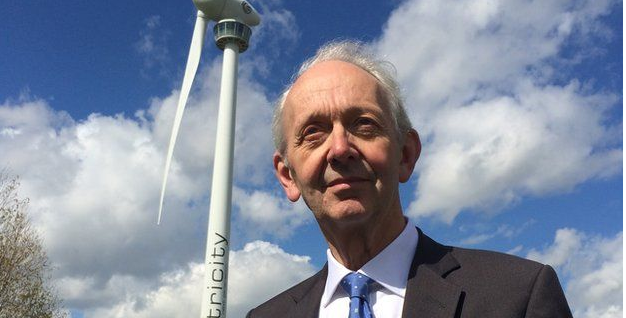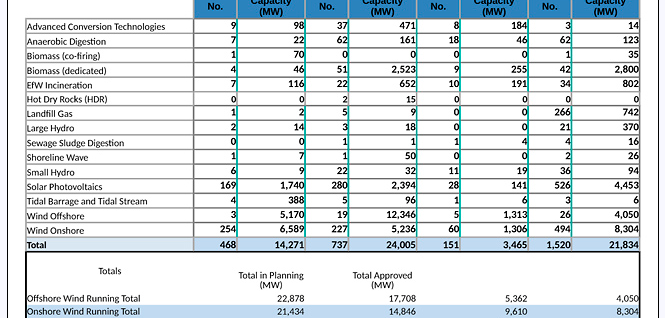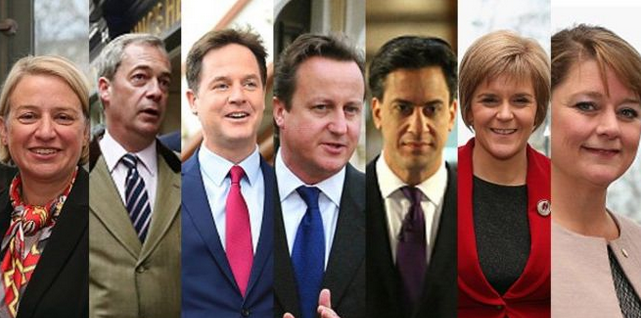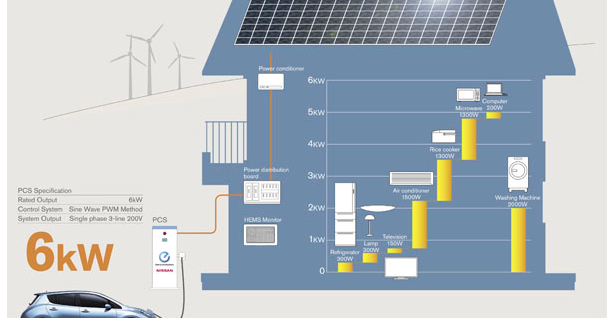Last week the 350 team were meeting government officials in Malawi and Zambia, and during the journey we saw just how important geographical concerns are for renewable development. In particular, as we explored the issues facing African renewable energy we confirmed a key element of our strategy to match the right renewable technology to the local ecosystem, economic needs and political climate for the region. Put simply, Sub-Saharan Africa doesn't need solar. It placed us in the unusual position of being invited to discuss expanding the Malawian renewable power supply from 350MW towards their long term goal of [...]
Read MoreOn the surface, the latest CMA energy market investigation (Competition and Markets Authority) report appears to be criticising the big six consumer energy suppliers (CMA reports). Consumers have footed a bill between 2009-2013 (the report focus) that’s £1.2bn per year more than they should have paid in a competitive marketplace, the CMA concluded. It has led to rumours of a price cap whilst reforms are made to the energy market. The CMA chairman, Roger Whitcomb was quoted saying “There are millions of customers paying too much for their energy bills - but they don’t have to,” but [...]
Read MoreLast week the wind industry was shocked (but not exactly surprised) by the government's announcement it would be ending subsidies for onshore wind projects a year earlier than previously promised. It’s a move that potentially threatens thousands of new jobs and places millions of pounds of investment at risk. But what we learn from declining renewable power subsidies is their failure to make low-carbon power a long term commercial proposition without smart grids. Up until now, UK renewable energy policies have been driven by carbon reducing logic. The principles are sound enough, fight climate change by reducing the [...]
Read MoreAs Britain is gripped by election fever it seems the issue of climate change and CO2 reduction has taken a back seat. But rising global CO2 emissions will have a significant impact on the nation’s future health and economic prosperity, so although the c-word isn’t high on the campaign agenda it remains a key underlying issue for the next government. More importantly, assuming the objective of a modern environmental policy should be (in part at least) to reduce carbon emissions, it should be pretty easy to work out which party has got the best offering… right? The story so far: As [...]
Read MoreLast week we wrote about the emerging home battery scene, and how Nissan and Tesla have been developing interoperability between EVs and domestic home systems. A great way to go off-grid and devised (originally) by enterprising DIY energy geeks with a salvaged Nissan LEAF. But away from the big corporate spotlights on cutting edge tech, did you know some German energy companies are providing battery kits now? This started when the German Government reduced the Feed In Tariff it provides to domestic solar when dispatching electricity to Germany’s grid. And it tells us something about the chaos [...]
Read MoreClean renewable home energy has an arch nemesis. It’s not (as some green narratives might suggest) powerful oil lobbies holding it back for the sake of profits though, it’s much more boring than that. The supervillain of clean energy is infrastructure: The electricity grids of the modern world are based on old fashioned technologies and ideas of how to ship electricity from power stations to your plug sockets at home. But over the last couple of years a bit of lateral thinking to solve the grid problem has emerged from a surprising area. It’s not from city electrical engineers, or solar [...]
Read More




